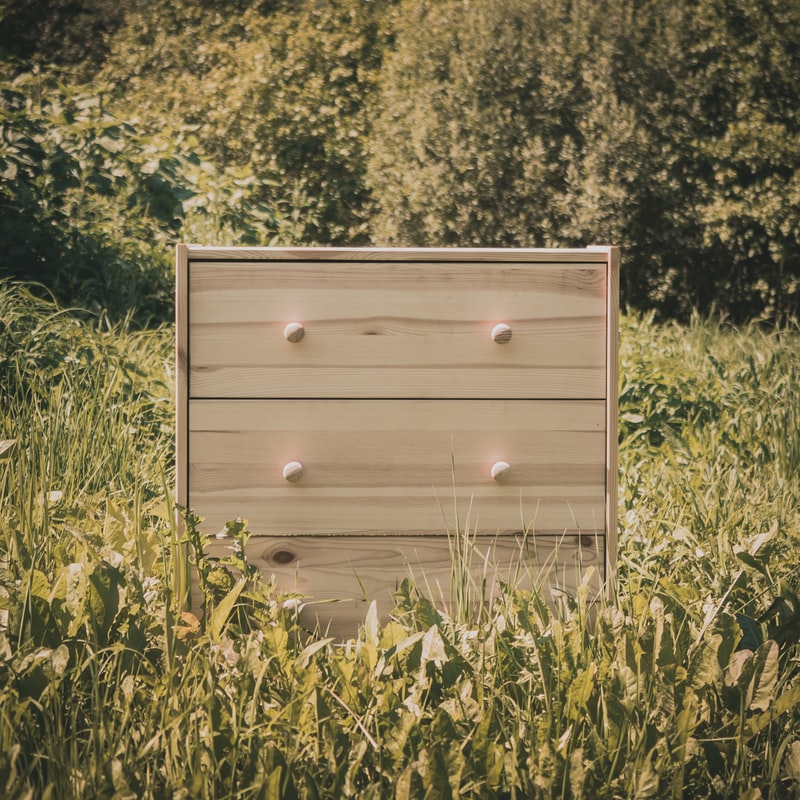To Face Ourselves
By Claudia Wair
Most people keep their masks in a kitchen drawer or hang them up on a rack next to their keys. The masks are then easily accessible in case of visitors and when you’re on the way out of the house. My mother is different, though. She keeps hers in the top drawer of her bureau and wears it even in the house.
The law only requires that people don their masks at home when outsiders visit, not in front of the family circle. My mother, however, took hers off only for my father in the privacy of their bedroom. As a small child, I never questioned her habit, but as I grew older and understood more about the world outside, I was saddened and a little offended at my mother’s insistence on wearing her mask around us. Only once have I seen her face. That was the day her own mother died. I was nine. Her face was lovely—flawless brown skin, high cheekbones, full lips—and I remember thinking that it was wrong that she had to hide her face.
The next day, Mother’s mask was back. And that was also the day I began wearing my mask about the house. At first, I think it was in childish sympathy, a daughter’s desire to be like her mother. But now I wear it to remind me of what they’ve done to us. To keep me from thinking of the person I’d be without it. And because, if I take it off for more than sleep, I’m afraid I’d never put it on again.
We are taught to be ashamed of what’s underneath. Shame followed my mother into the house like smoke, coalescing into an unnatural shell that surrounded her, her true self shrinking within it.
Individuality is ugly. Conformity is beautiful. Uniformity is cleanliness. Creativity is the result of a bad upbringing.
My brother, always an impetuous boy, joined a militant group of bare-faced people. We see him seldom, and then only at night when he can spend a few hurried hours with us. Before the Law catches up with him. As family members who harbor a bare-faced relative, we are accessories to his crime. He’s never asked us for anything; he may be headstrong but he’s a good boy. He and his friends stage protests in front of public buildings; ripping off their masks or carrying pictures of bare-faced people. Whenever there is a press conference on the steps of the capitol, he and others like him crowd behind the politicians making sure they’re in view of the cameras. They wait for a particularly important moment in the speech, then they remove their masks. Sometimes they rip the masks off and shout their slogans of “Bare-faced and proud!” or “Back to the way we were born!” At other times, they slowly, quietly slip the masks off, so deliberately that it takes the cameramen from the State News Agency a long time to notice that bare-faced people have been filmed live; that good, honest, hard-working people have been subjected to such sordid exposure, and it’s too late to censor the broadcast. There is risk in every show of defiance, so the protesters run, separating to make it harder to capture them all. Escape routes are planned well in advance.
We worry that the police will knock on the door and tell us my brother’s been taken to one of the prison camps. We’d be lucky to ever see him again. The few political prisoners who are released come back with bodies and minds so broken that they need permanent care. The politicians say, “See? These criminals flout the law, and then live off the taxpayers’ hard-earned money!” And the taxpayers agree, even when it’s their own sons and daughters being hauled away.
To express doubt is to admit heresy. To propose change is sedition.
I’m most angry at the people who sit silent. They hold the keys to their own shackles, but have bought into the lie that their chains make them exceptional. They recite the approved litany without comprehending the meaning of the words; each utterance is confirmation of their enslavement.
This has to end. I want to join my brother and his freedom fighters. I have nothing of value to fear losing. There are sympathizers everywhere: the bare-faced, if not able to find shelter, are always sure of at least a meal from the compassionate who, like my mother, are too afraid to remove their own masks.
But when I see strangers’ true faces around me and am confronted with revealing mine, can I look into the empty eyes of my mask and run, leaving it to dry rot and dust?
Claudia Wair is a Virginia-based writer and editor. Her short stories appear in anthologies including Dread Naught but Time, Fantasia Fairy Tales, and Winds of Despair, as well as in Fiction War magazine. Learn more at claudiawair.com, and follow her on Twitter, @CWTellsTales, Instagram, @CWTellsTales, and Facebook.
Photo by Ruslan Zaplatin on Unsplash.

